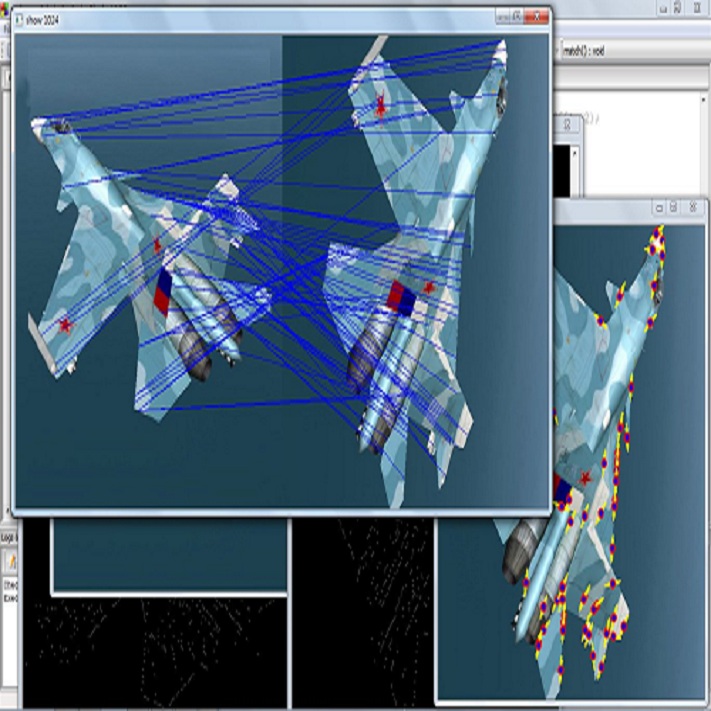Retinal image registration plays an important role in the ophthalmological diagnosis process. Since there exist variances in viewing angles and anatomical structures across different retinal images, keypoint-based approaches become the mainstream methods for retinal image registration thanks to their robustness and low latency. These methods typically assume the retinal surfaces are planar, and adopt feature matching to obtain the homography matrix that represents the global transformation between images. Yet, such a planar hypothesis inevitably introduces registration errors since retinal surface is approximately curved. This limitation is more prominent when registering image pairs with significant differences in viewing angles. To address this problem, we propose a hybrid registration framework called HybridRetina, which progressively registers retinal images with global and local deformable transformations. For that, we use a keypoint detector and a deformation network called GAMorph to estimate the global transformation and local deformable transformation, respectively. Specifically, we integrate multi-level pixel relation knowledge to guide the training of GAMorph. Additionally, we utilize an edge attention module that includes the geometric priors of the images, ensuring the deformation field focuses more on the vascular regions of clinical interest. Experiments on two widely-used datasets, FIRE and FLoRI21, show that our proposed HybridRetina significantly outperforms some state-of-the-art methods. The code is available at https://github.com/lyp-deeplearning/awesome-retinal-registration.
翻译:暂无翻译




